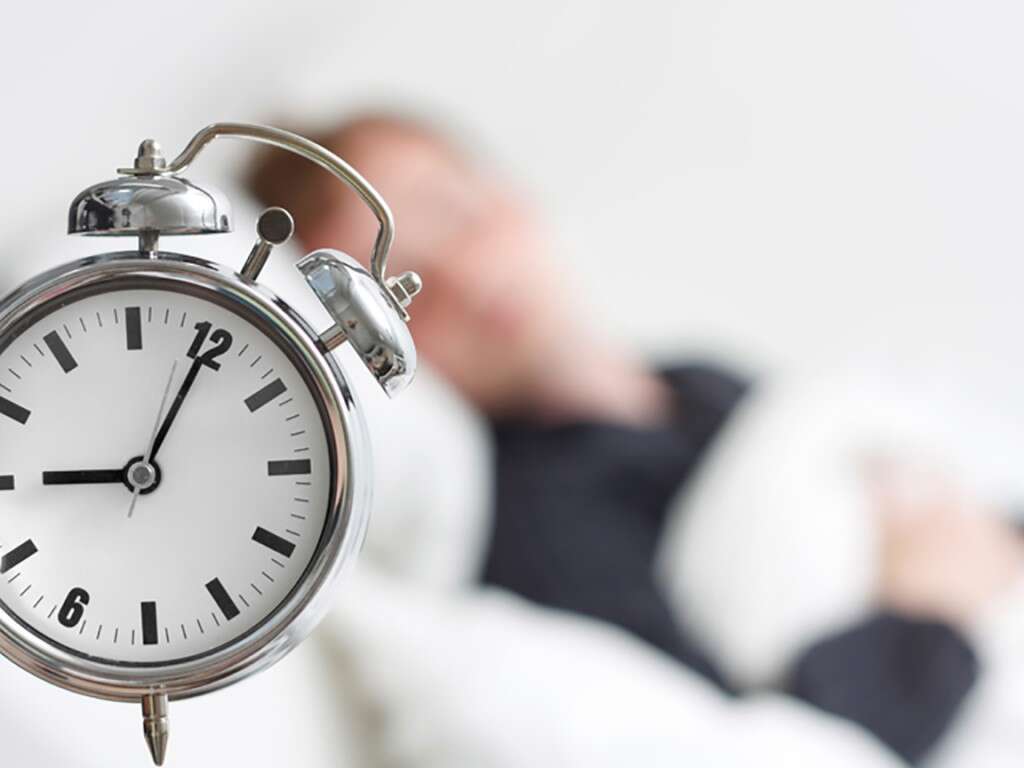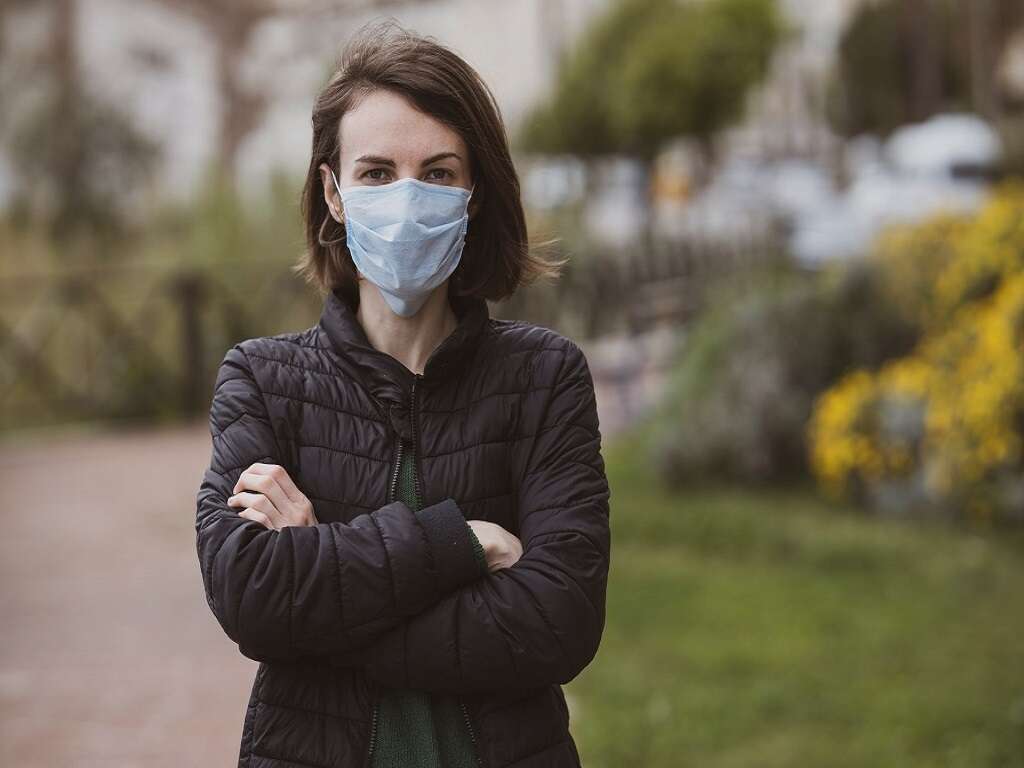How to Get Rid of Hiccups
 Article Sources
Article Sources
- 1. 'Hiccups: Causes & Treatment.' Cleveland Clinic, 6 Jan. 2021, my.clevelandclinic.org/health/diseases/17672-hiccups
- 2. UCLA Center for East-West Medicine. 'Acupressure for Beginners.' Explore Integrative Medicine, exploreim.ucla.edu/self-care/acupressure-and-common-acupressure-points/
- 3. Peleg, R., and A. Peleg. 'Case Report: Sexual Intercourse As Potential Treatment for Intractable Hiccups.' PubMed Central (PMC), Aug. 2000, www.ncbi.nlm.nih.gov/pmc/articles/PMC2144777/
- 4. Odeh, M., et al. 'Termination of Intractable Hiccups with Digital Rectal Massage.' PubMed, Feb. 1990, pubmed.ncbi.nlm.nih.gov/2299306/
- 5. Woelk, Cornelius J. 'Managing Hiccups.' PubMed Central (PMC), June 2011, www.ncbi.nlm.nih.gov/pmc/articles/PMC3114667/
- 6. 'Hiccups, Chronic.' NORD (National Organization for Rare Disorders), 11 Feb. 2015, rarediseases.org/rare-diseases/hiccups-chronic/
Medication
When the endless hiccups become too much to bear, driving the individual to the doctor, medication may be warranted.
Antipsychotic medications chlorpromazine (Thorazine) and haloperidol (Haldol), anti-nausea medicine metoclopramide (Reglan) and anticonvulsant baclofen (Gablofen) may be prescribed for unrelenting hiccups.5Woelk, Cornelius J. ‘Managing Hiccups.’ PubMed Central (PMC), June 2011, www.ncbi.nlm.nih.gov/pmc/articles/PMC3114667/ Unfortunately, these and other medications commonly used to manage intractable hiccups many unwelcome side effects, so various treatments are applied as required by each individual case, based on the benefits versus risks.
Advertisement











